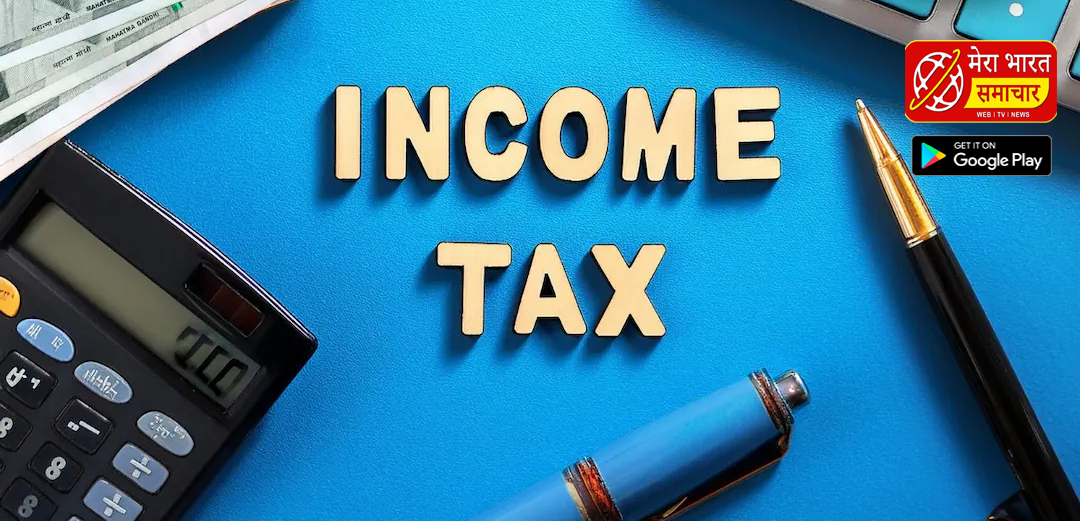The Patna High Court on Thursday set aside Bihar government’s two laws that increased the reservation for Backward Classes, Extremely Backward Classes, Scheduled Castes, and Scheduled Tribes from 50% to 65%.
The high court set aside the Bihar Reservation of Vacancies in Posts and Services (Amendment) Act, 2023 and The Bihar (In admission in Educational Institutions) Reservation (Amendment) Act, 2023 as ultra vires and violative of equality clause under Articles 14, 15 and 16, the Bar and Bench reported.
According to the report, the judgment was delivered by Chief Justice K Vinod Chandran and Justice Harish Kumar on a batch of petitions challenging the amendments brought in by the Bihar legislature in 2023.
The Bihar government led by Chief Minister Nitish Kumar had taken the decision to increase the reservation for Backward Classes, Extremely Backward Classes (EBC), Scheduled Castes (SC) and Scheduled Tribes (ST).
On November 9, the Bihar Assembly unanimously passed a Bill to increase reservation for Backward Classes, Extremely Backward Classes, Scheduled Castes, and Scheduled Tribes from the existing 50% to 65%.
Combined with the 10% Economically Weaker Sections (EWS) quota, the new law pushed reservation in Bihar to 75%, well beyond the 50% threshold set by the Supreme Court.
Under the new Bihar Reservation Amendment Bill, quota for Extremely Backward Classes (EBC) was raised from 18% to 25%, for Backward Classes (BC) from 12% to 18%, for Scheduled Castes (SC) from 16% to 20% and for Scheduled Tribes (ST), the quota was doubled, from 1% to 2%.
A PIL was filed in the court stating that as per the constitutional provisions, reservation was made to give proper representation to the socially and educationally backward classes and there was no provision to give reservation in proportion to the population.
The PIL contended that the three laws violated the fundamental rights of the Constitution and violated the equal right to appointment in government jobs and the fundamental right related to discrimination.











